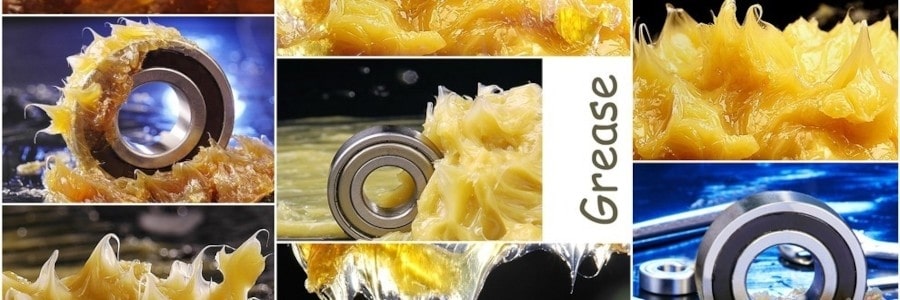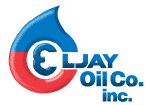Addressing Grease Shortages Starts with Soap Thickeners – Polyurea, lithium complex, and calcium sulfonate most popular thickeners

Grease compatibility is on the minds of a lot of maintenance managers these days. They are finding that the greases they have been using for years for on-highway, off-highway and industrial applications are in short supply. To understand why this is happening and whether compatible alternatives may be available, it’s helpful to know a little bit about how grease works and what defines its properties.
Base oil makes up 70% to 90% of a finished grease and plays a key role to the overall performance of a grease because it provides lubrication to the moving parts. The remaining 10% to 20% of a finished grease is made up of thickeners and additives, both of which contribute to the unique properties in greases. The thickener does just what the name implies – it acts as a sort of “sponge” that gives the grease its consistency and holds the whole formulation together, while the additives add and enhance key properties like water resistance, wear protection or corrosion inhibition.
While there is a wide range of thickeners on the market, the three most widely used are polyurea, lithium or lithium complex, and calcium sulfonate. Let’s dig a little deeper into the properties of each thickener type.
Polyurea: Greases thickened with polyurea are known for long service life. That is why they are popular for applications in which changing out a grease is particularly problematic, notably in electric motor bearings, as well as the constant-velocity or CV joints used in front-wheel drive automobiles. A single polyurea grease application can pretty much last the entire life of the equipment, and even if it does start to degrade, it leaves fewer deposits than other types of greases given its ashless nature.
In order to achieve long life, polyurea greases tend to be more complex to produce, and therefore, more expensive. However, a massive fire in June 2021 devasted a third party manufacturing facility that accounted for most of the polyurea produced in the U.S., resulting in a shortage and leaving long-time users scrambling for compatible alternatives.
To add complication, polyureas are not necessarily compatible with other grease thickeners and sometimes not even with other polyurea greases. As the name implies, “poly” means “many,” so given the wide variety of urea options, not all of them will lend themselves to being compatible.
Lithium/Lithium Complex: The majority of greases sold worldwide are made with a simple lithium soap or lithium complex thickener. Simple lithium greases are widely used and very effective for basic, all-purpose greasing. Lithium complex products have higher temperature tolerances and are found in off-highway applications with an addition of moly for heavy loads, and in on-highway applications where operators are looking for longer service intervals.
These days, however, lithium – the underlying element in these thickeners – is also in short supply (and rising in cost), due primarily to the explosive proliferation of lithium battery-powered devices, appliances and vehicles. Maintenance crews that have long relied on lithium or lithium complex greases are looking for alternatives that will meet their performance needs at a reasonable cost.
Calcium Sulfonate: Although calcium sulfonate has been used as a grease thickener for over 50 years, it is now emerging as an attractive alternative to lithium and an answer to the availability issues facing other thickener types. Calcium sulfonate has the advantage of being compatible with most lithium and lithium complex greases, and even exhibits some performance advantages, notably water resistance and wear protection. Calcium sulfonate grease can be used in virtually any application where lithium-type thickeners have been used, including automotive, industrial, and agricultural.
Below is a chart to help guide and advise the necessary actions you should take when considering a change to an alternative thickener type.
